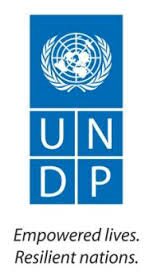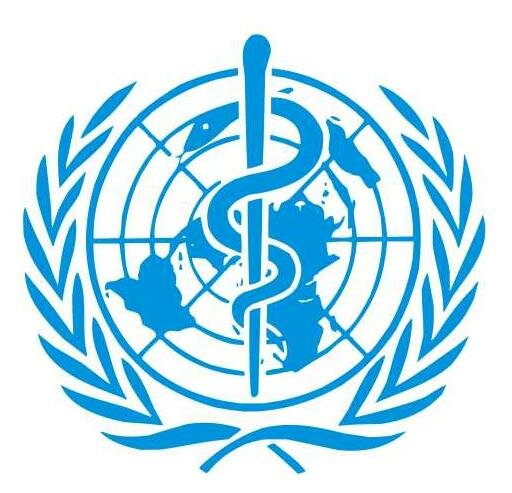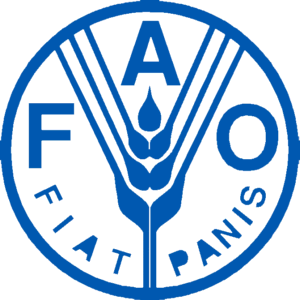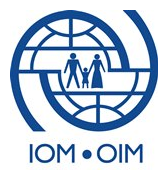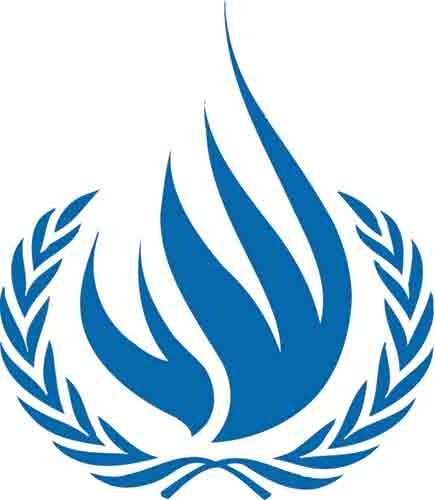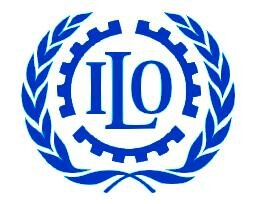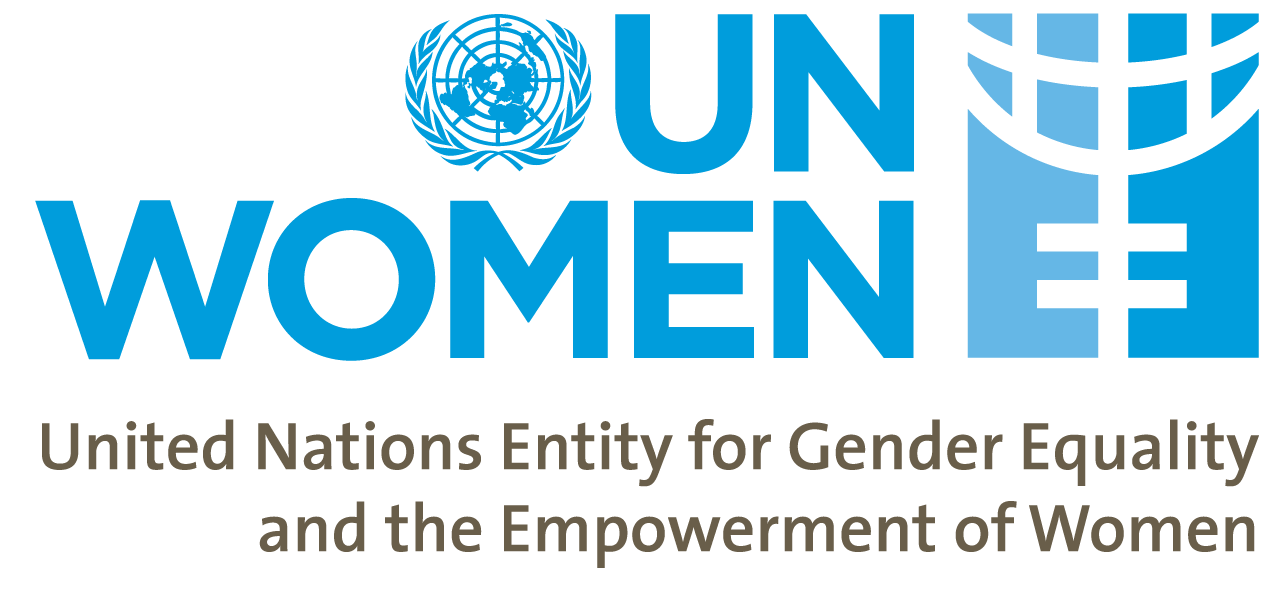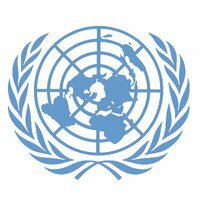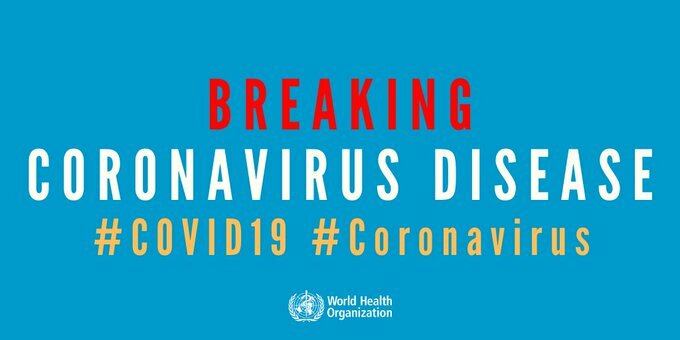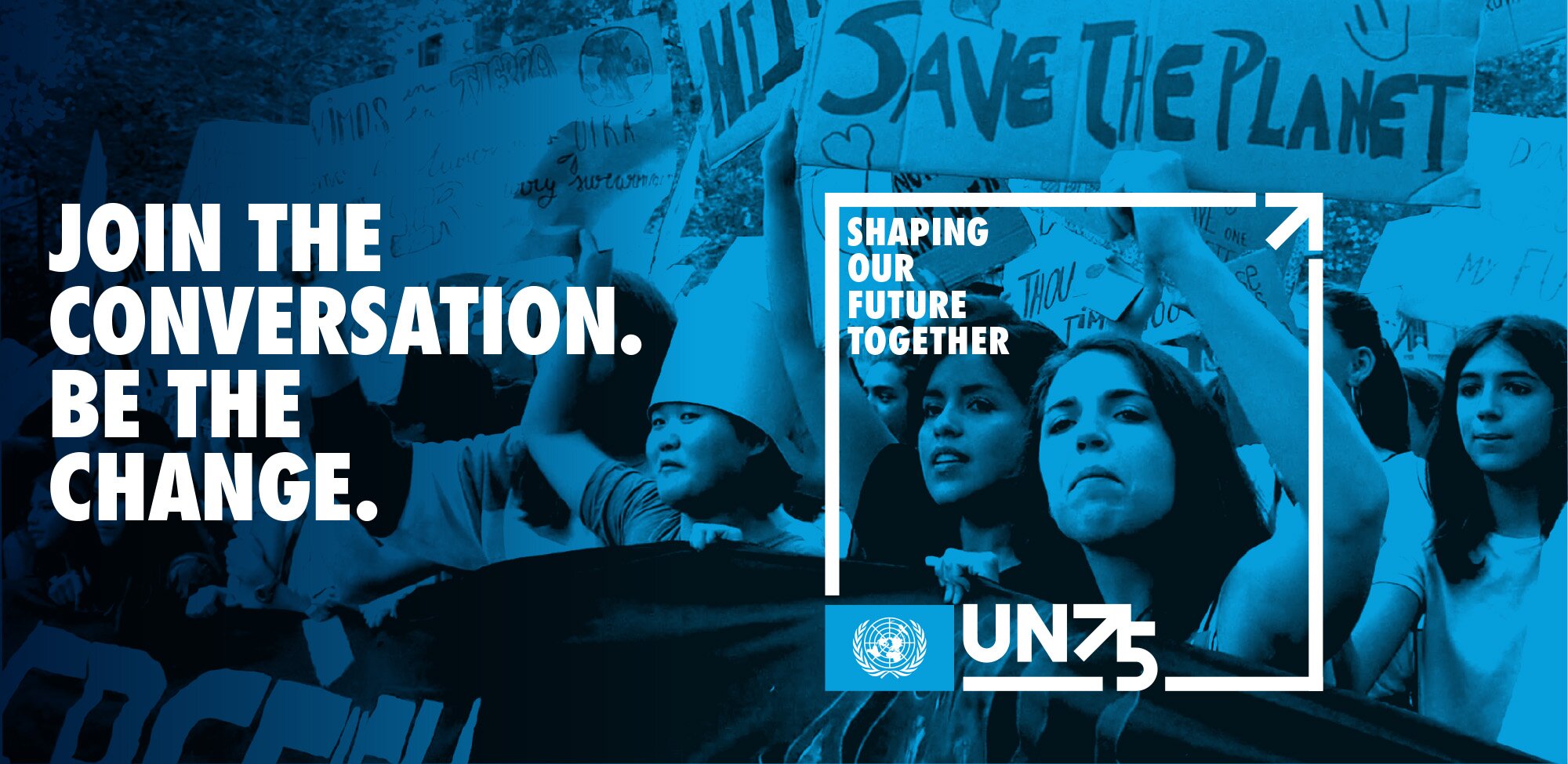UNHCR Back
Background
UNHCR established its presence in Georgia in 1993, to provide emergency humanitarian assistance to internally displaced persons (IDPs) who had fled armed conflict in Abkhazia in 1992-93. Ever since, UNHCR Georgia has been operational in protecting rights of persons of concern – asylum-seekers, refugees, the internally displaced and stateless persons - and was gradually extending its programme to address their needs as they arose over time.
Currently, the work of UNHCR encompasses some 280,000 persons displaced due to the conflicts in Abkhazia and Tskhinvali Region/South Ossetia, out of whom over 160,000 are on the verge of achieving durable solution through integration or return; some 300 of refugees of Chechen ethnicity from the Russian Federation who are still to undergo a process of naturalization, if they so wish; over 1,000 stateless persons; and a growing number of asylum-seekers from different countries who arrive in Georgia each year seeking protection and assistance.
Support and assistance are provided to the Government of Georgia, especially to counterparts - the Ministry for Internally Displaced Persons from the Occupied Territories, Accommodation and Refugees of Georgia and the Public Service Development Agency at the Ministry of Justice of Georgia, in ensuring that the rights of the persons of concern are respected, protected and enjoyment of rights ensured in accordance with the relevant international standards.
The focus of UNHCR's efforts is on durable solutions for refugees through naturalization and local integration and for IDPs through local integration pending return, as well as on the reduction of statelessness in Georgia.
UNHCR's approach is harmonized with humanitarian and development efforts of other UN agencies, programmes and funds under the overall co-ordination of the United Nations Resident Co-ordinator, aiming inter alia at a smooth transition from humanitarian response to a broader development response, with special emphasis on advocacy for the inclusion of refugee and IDP issues into the development agendas.
UNHCR maintains its Country Representation in Tbilisi and Field Offices in Zugdidi, Gali and Sukhumi.
Goal
The UNHCR operation in Georgia is firmly embedded in UNHCR's global mandate to provide protection to refugees and other displaced populations and to assist states in finding durable solutions for them. The objective of UNHCR's engagement is that the rights of persons of concern - asylum seekers, refugees, the internally displaced and stateless persons - are respected, protected and ensured, that their basic needs are addressed and that human security is enhanced. In an area challenged by unresolved conflicts, the purely humanitarian, non-political nature of UNHCR's mandate is a crucial parameter of its engagement and its efforts to maintain and expand humanitarian space.
Priority Areas
Activities of UNHCR Georgia build on significant progress made in earlier years in the areas of accession to international instruments, improvement of the national legislative framework and development of Government action plans. Thus, it focuses on the effective implementation of national and international legislation and wishes to achieve and support a consolidation of efforts to protect, integrate and improve living conditions of displaced populations.
Upon adoption of more comprehensive refugee legislation, UNHCR provides support and assistance to the Government in continuously enhancing the quality of refugee status determination procedures and continues promoting amendments to further align the legislation governing refugee issues with international standards. UNHCR works to conclude integration efforts for refugees of Chechen ethnicity from the Russian Federation.
Following the accession of Georgia to the 1954 UN Convention relating to the Status of Stateless Persons in 2011, UNHCR builds on adopted legislative changes that establish a statelessness status determination procedure and support persons of concern in the determination of the status of a stateless person, restoration and establishment of citizenship. Pending the accession to the 1961 UN Convention on the Reduction of Statelessness, UNHCR advocates for a continuous and systematic improvement of Georgian legislation to prevent statelessness of groups and individuals at risk.
UNHCR remains a key actor in protection of IDPs and fully plays its protection role, with a particular focus on durable solutions and the respect for the right to return. While continuing activities aiming at reintegration of returned IDPs in Abkhazia, UNHCR continues to further promote and support efforts by the Government aiming at full integration of IDPs through implementation of the Government’s “Action Plan for the implementation of the State Strategy on IDPs during 2012-2014”. Moreover, UNHCR facilitates protection coordination, monitoring and response, oversees a network of protection actors and supports establishment of referral mechanisms, as well as undertakes targeted protection interventions.
Head of Agency:
Ms.Kemlin Furley
UNHCR Regional Representative in the South Caucasus
Contact Person:
Ms. Nino Kajaia
Address: 2a Kazbegi Avenue, 0160, Tbilisi, Georgia
E-mail:
Tel.: +995 32 2386 202
Fax: +995 32 2385 422
Webpage: www.unhcr.org
Social media: http://www.facebook.com/UNHCRGeorgia?ref=hl


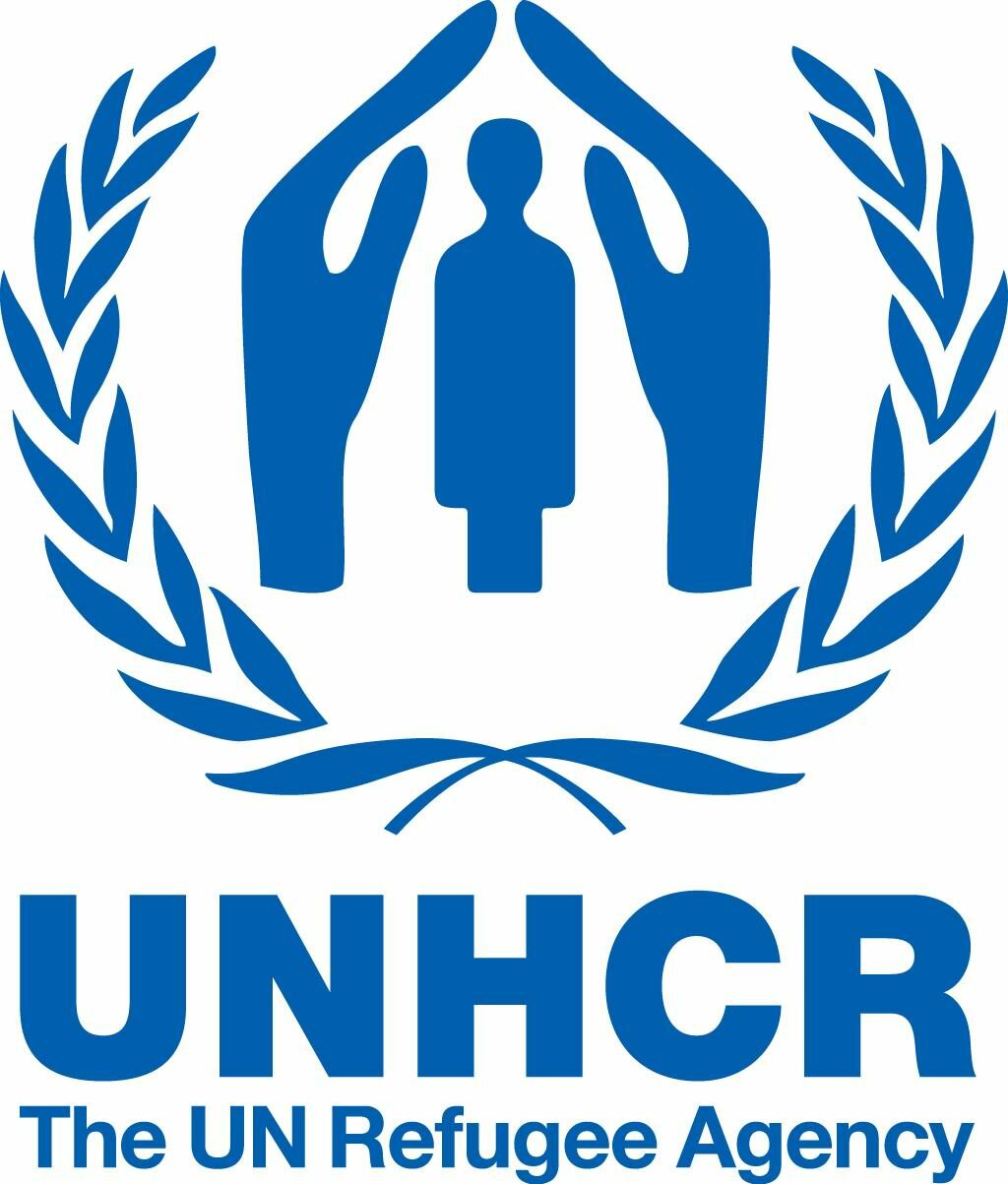
.jpg)

